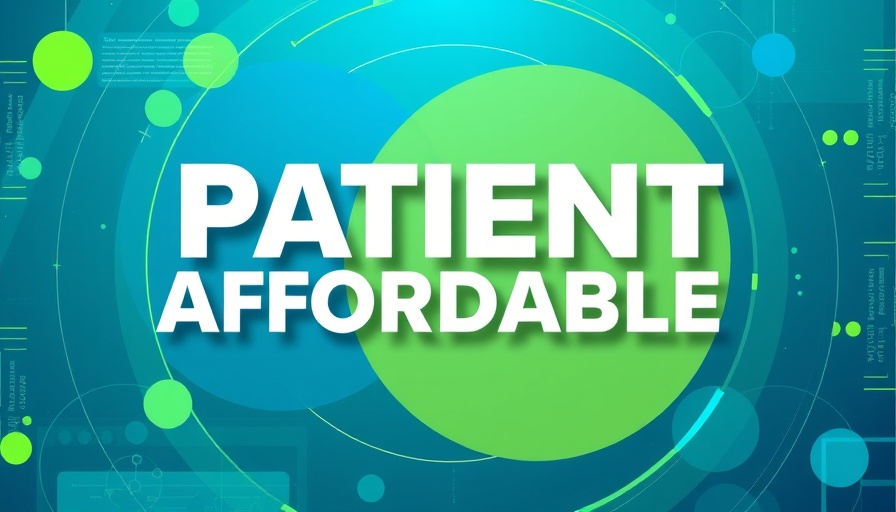
Understanding the Role of Power in Addiction Recovery
When we think about addiction and recovery, we often consider the tangible elements—rehabs, therapy sessions, and support groups. However, an often overlooked yet crucial aspect of recovery is the role of power dynamics in treatment approaches. Families of those struggling with substance abuse may not realize how their influence can serve as a tool for change.
The Low-Hanging Fruit of Engagement
In addiction recovery, certain strategies are more likely to yield quick results, much like the concept of "low-hanging fruit." Engaging a loved one in conversations about their addiction can sometimes lead to breakthroughs without the extensive intervention process. Families should consider simple steps they can implement, like open lines of communication, to foster trust and understanding.
Leveraging Support Networks to Build Strength
Support networks play a pivotal role in recovery. Utilizing addiction support groups like Alcoholics Anonymous or Narcotics Anonymous can empower individuals in their early recovery stages and help families reinforce healthy coping mechanisms. These groups not only provide essential resources but also foster a sense of belonging and community that can significantly impact the recovery journey.
Making Use of Available Resources
Parents have an abundance of resources at their disposal when aiding a loved one suffering from substance abuse. From dedicated recovery apps to support forums and addiction recovery workshops, these resources should be explored. Family therapy for addiction can bridge gaps in understanding and communication, thus creating a healthy environment conducive to recovery.
Future Insights: The Importance of Preventing Relapse
While the initial phase of recovery is crucial, understanding the future implications of addiction is equally important. Proactive measures, such as relapse prevention strategies and ongoing counseling, help reduce the risk of returning to substance use. Families must remain involved and informed about their loved one’s journey.
Counterarguments: Not All Approaches Work for Everyone
It's essential to recognize that not every intervention or recovery approach is suitable for everyone. Some individuals might respond better to holistic approaches, while others may require strict inpatient rehab. Families should be open to exploring different methods to find the one that resonates best with their loved one.
Emotional Aspects and Experiences
Addiction deeply affects emotional health. It can strain family relationships and lead to feelings of frustration or helplessness. Sharing personal anecdotes about struggles, hopes, and victories can reinforce connections, making it clear to the loved one that they are not alone in their journey. Communication and emotional support can serve as powerful motivators for change.
Call to Action: Empowering Families in Recovery
As we consider the complexities of addiction recovery, let us remind ourselves that each step taken in compassion can lead to monumental change. If you or someone you know is battling addiction, reach out for support. Explore family therapy options, join local support groups, and network with others who understand the journey. Together, we can empower our families and friends to embrace recovery and reject the stigma surrounding addiction.
 Add Row
Add Row  Add
Add 




 Add Row
Add Row  Add
Add
Write A Comment